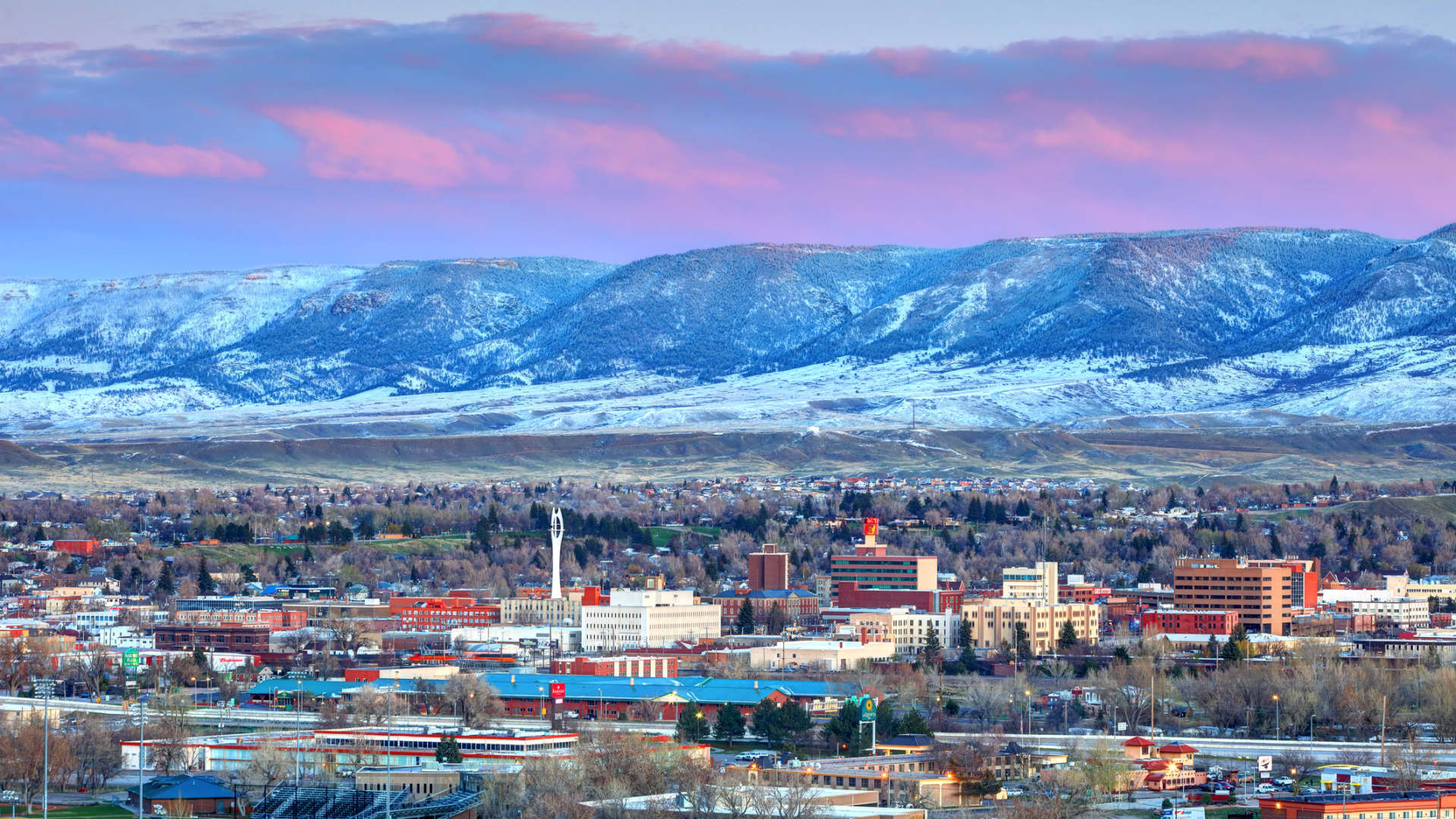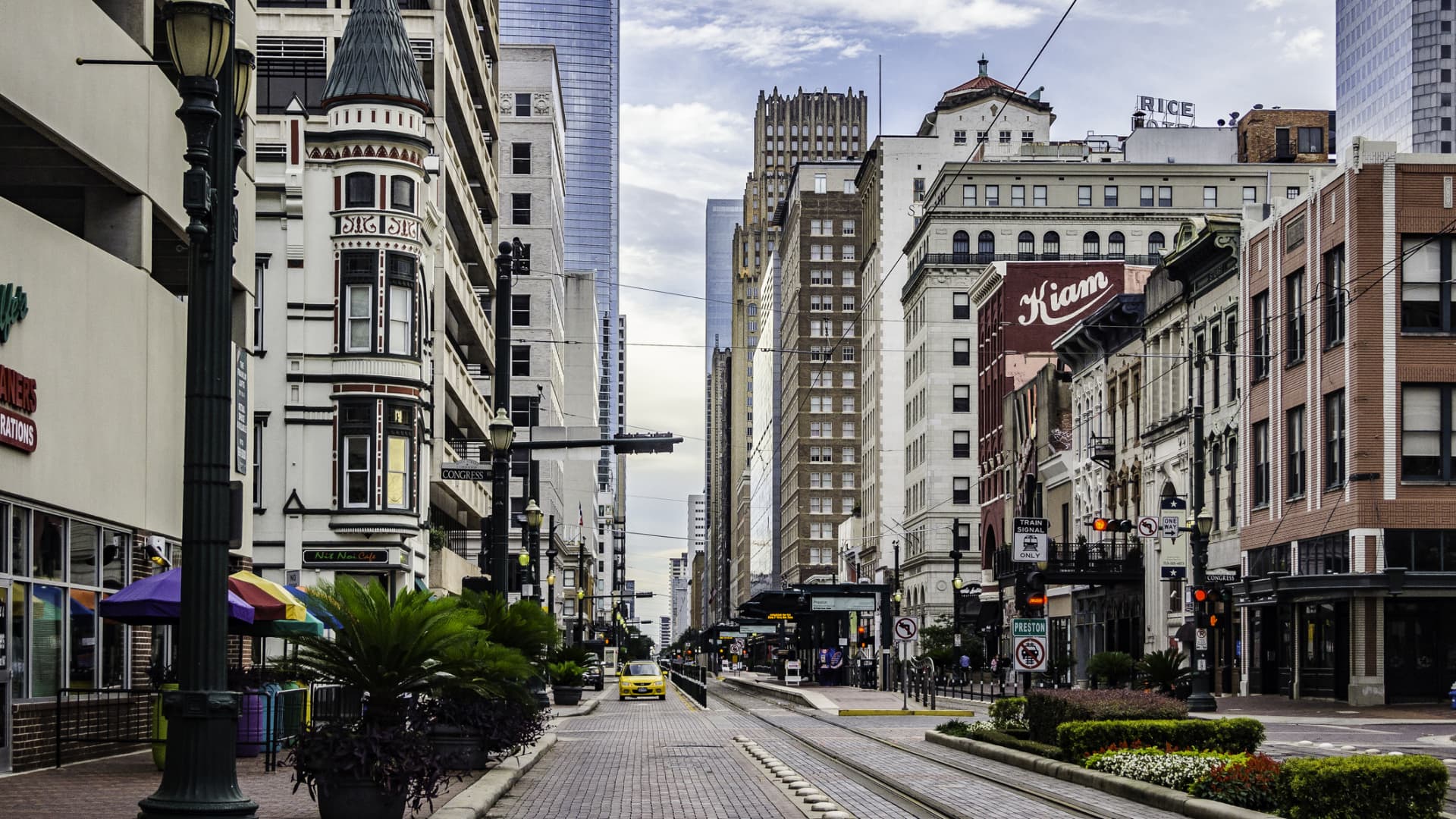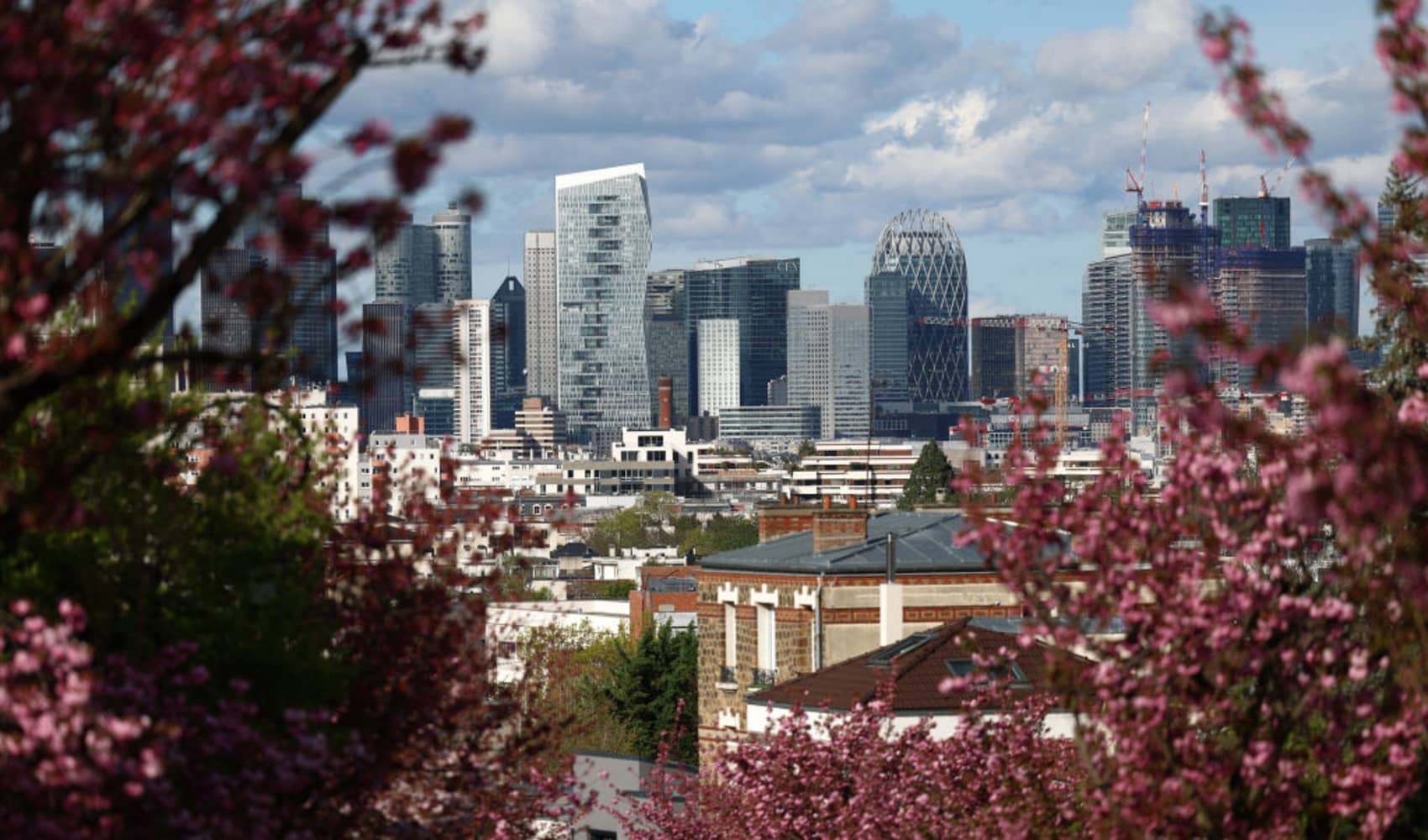
Americans are no strangers to working overtime.
The United States has one of the longest workweeks in the world — 1,791 hours per year, or 34.44 hours per week — compared to their international counterparts, according to the World Economic Forum.
But in some parts of the U.S., people are logging longer hours at their job than others, at least according to new research from WalletHub, which identified the five states with the longest workweeks.
WalletHub based its ranking off of data from the U.S. Census Bureau, which estimated the mean number of hours worked in the past 12 months for workers aged 16-64 in 2020, the most recent year for which data is available.
Get New England news, weather forecasts and entertainment stories to your inbox. Sign up for NECN newsletters.
Here are the five states where Americans are working the longest hours (see WalletHub's full report here):
1. Alaska

Average workweek: 41.4 hours
2. Wyoming (tie)

Average workweek: 40.1 hours
2. North Dakota (tie)

Average workweek: 40.1 hours
4. Texas

Average workweek: 39.9 hours
5. Louisiana

Average workweek: 39.8 hours
Money Report
It's no coincidence that all of the states with the longest workweeks have a bigger focus on manufacturing, mining or raw material processing, Jill Gonzalez, a communications director at WalletHub, tells CNBC Make It, whereas states with the shortest workweeks, including Vermont, Oregon and Rhode Island, have more office or production jobs where the hours are limited and offer more remote options.
Other popular industries in the states with the longest workweeks, according to the U.S. Bureau of Economic Analysis, are real estate, government and agriculture as well as oil and gas extraction.
Though the ongoing pandemic has facilitated the shift to work-from-home and better work-life balance for some, its continued effect on the labor market and fears about a looming recession has pushed people to work longer hours and experience higher levels of burnout.
Working longer hours, however, doesn't guarantee you'll be more productive or successful in your career. One study from Stanford University economics professor John Pencavel found that once a person works more than 50 hours per week, their productivity sharply declines — and those who work up to 70 hours per week only accomplish the same amount of work as those who put in the 55 hours.
Check out:
These are the 10 wealthiest cities in the world — and five are in the U.S.
The 10 most in-demand work-from-anywhere jobs companies are hiring for in 2022
The 10 best states to look for a remote job in right now, according to new research
Sign up now: Get smarter about your money and career with our weekly newsletter






